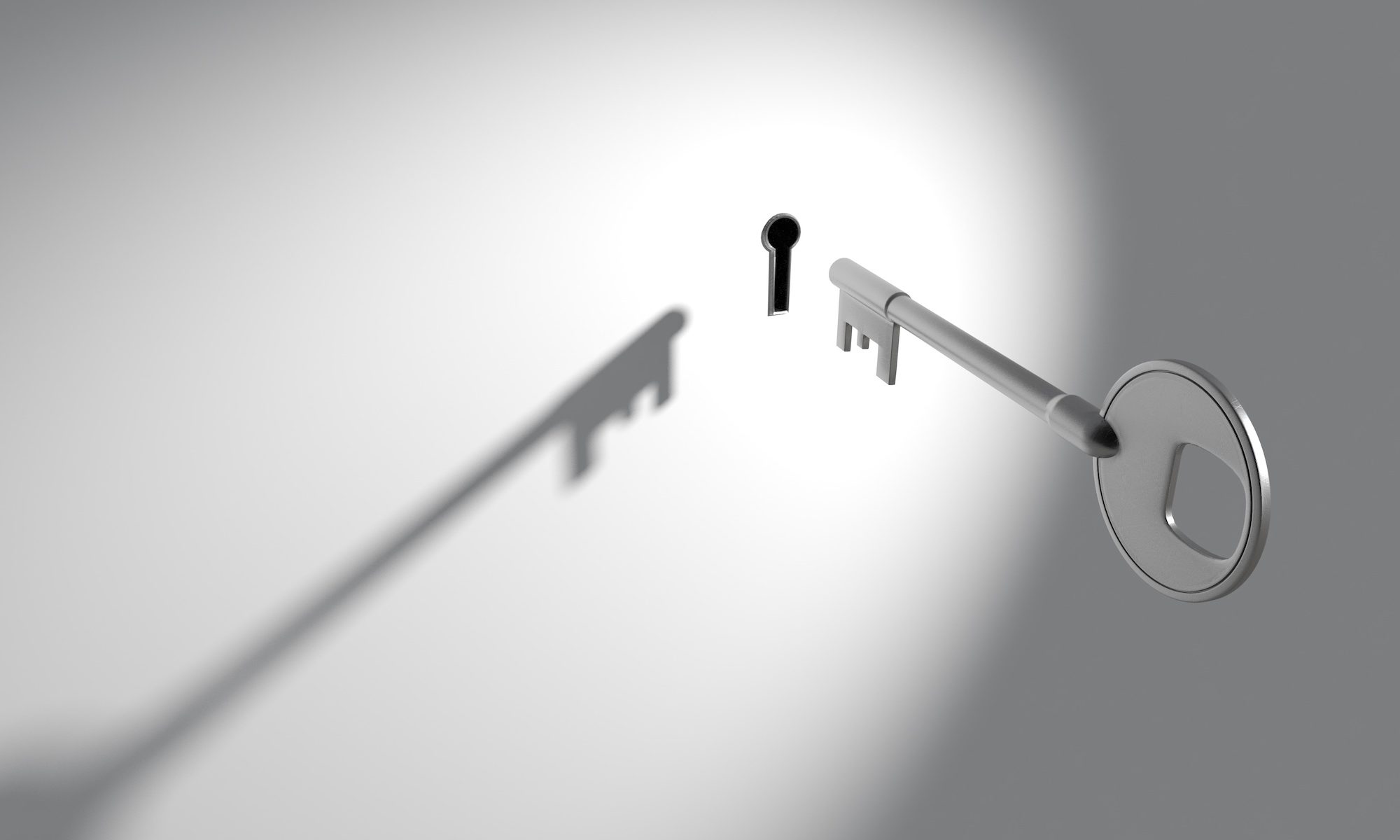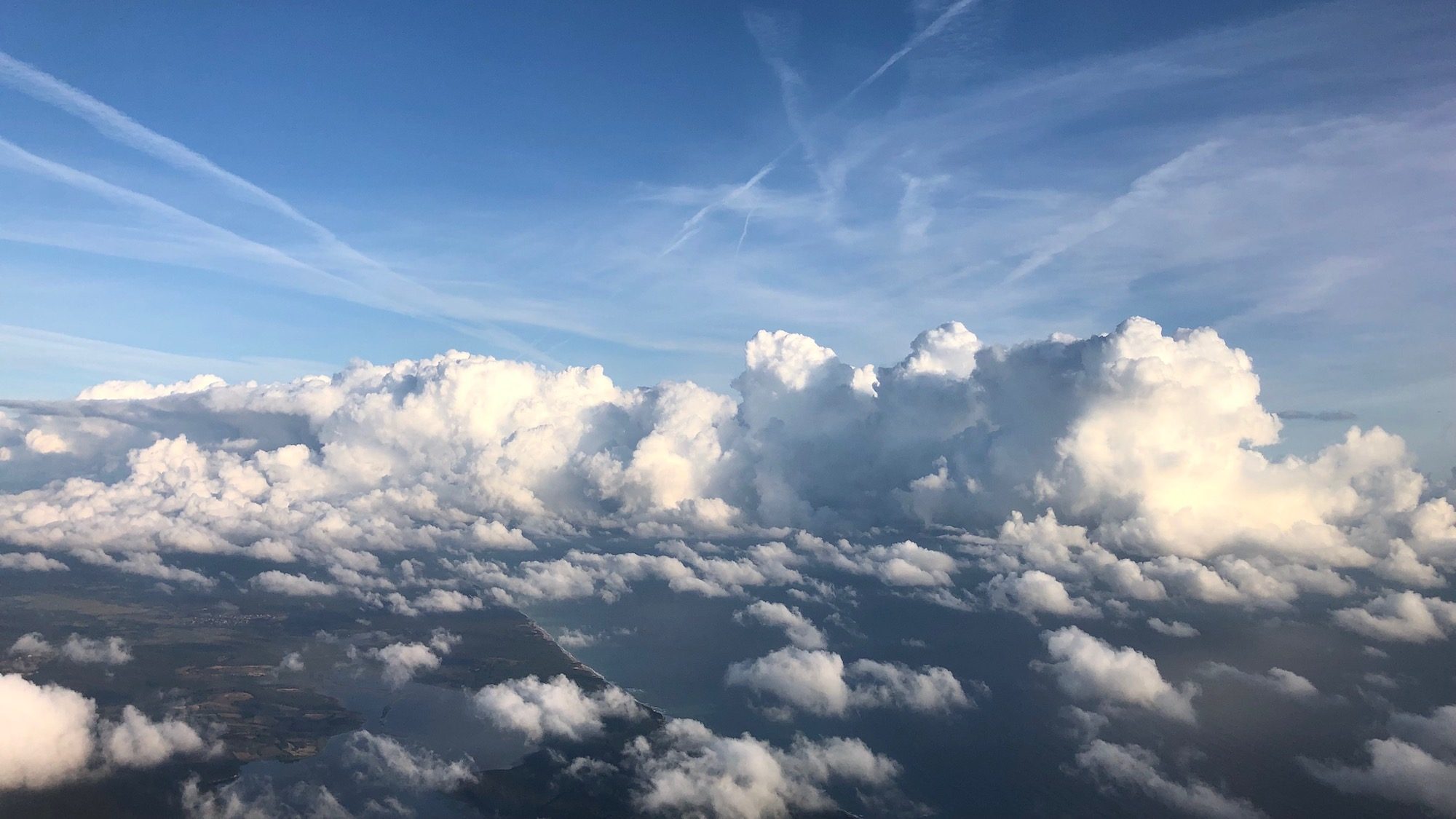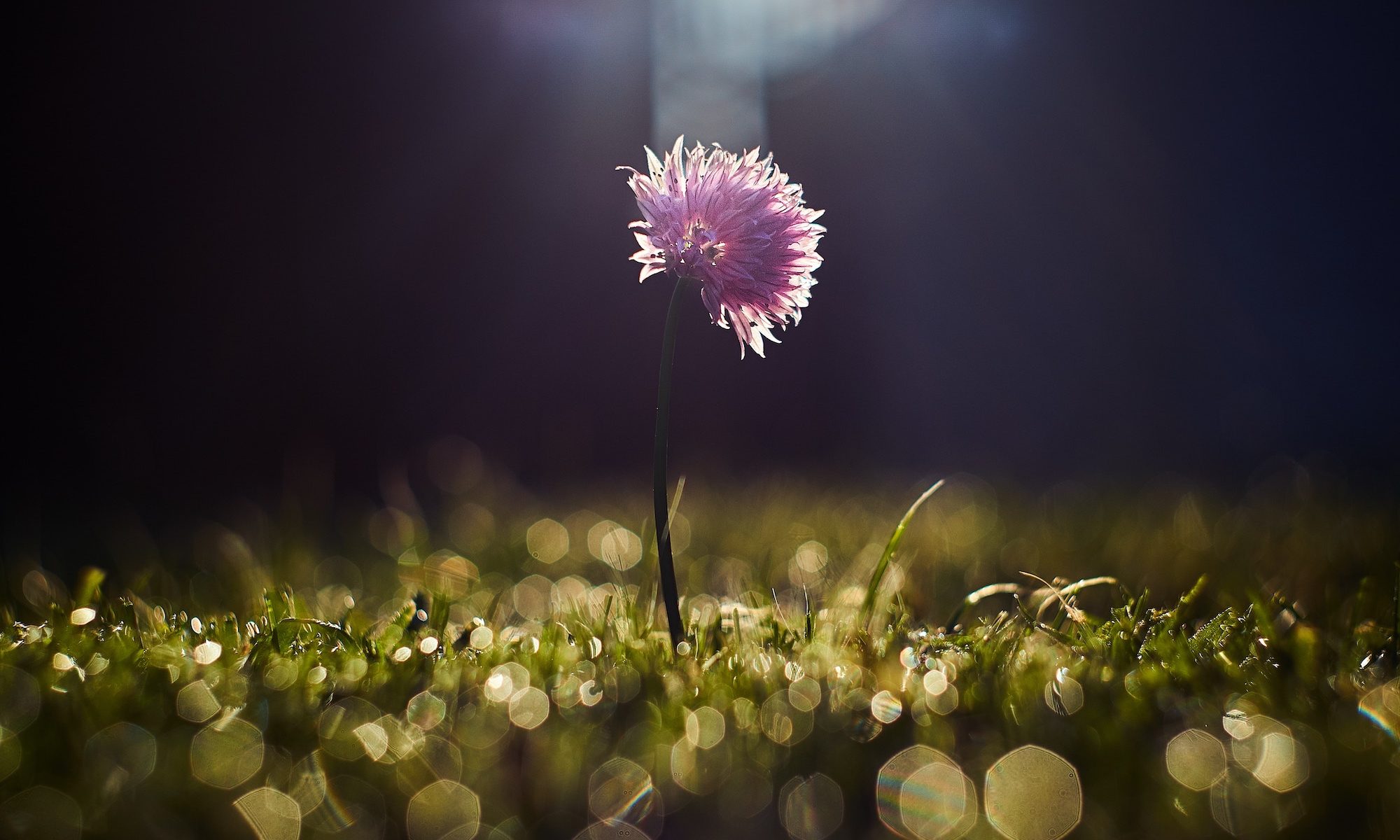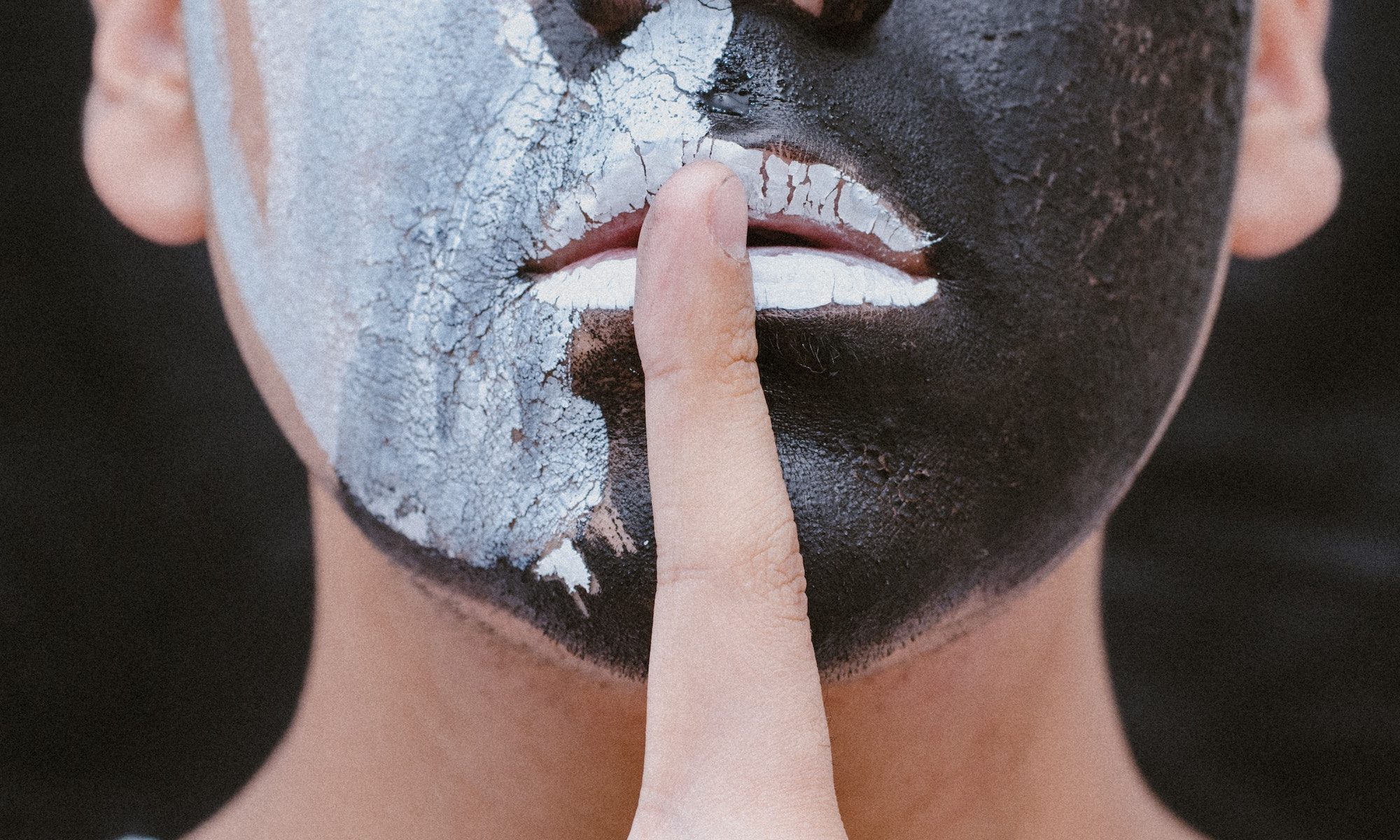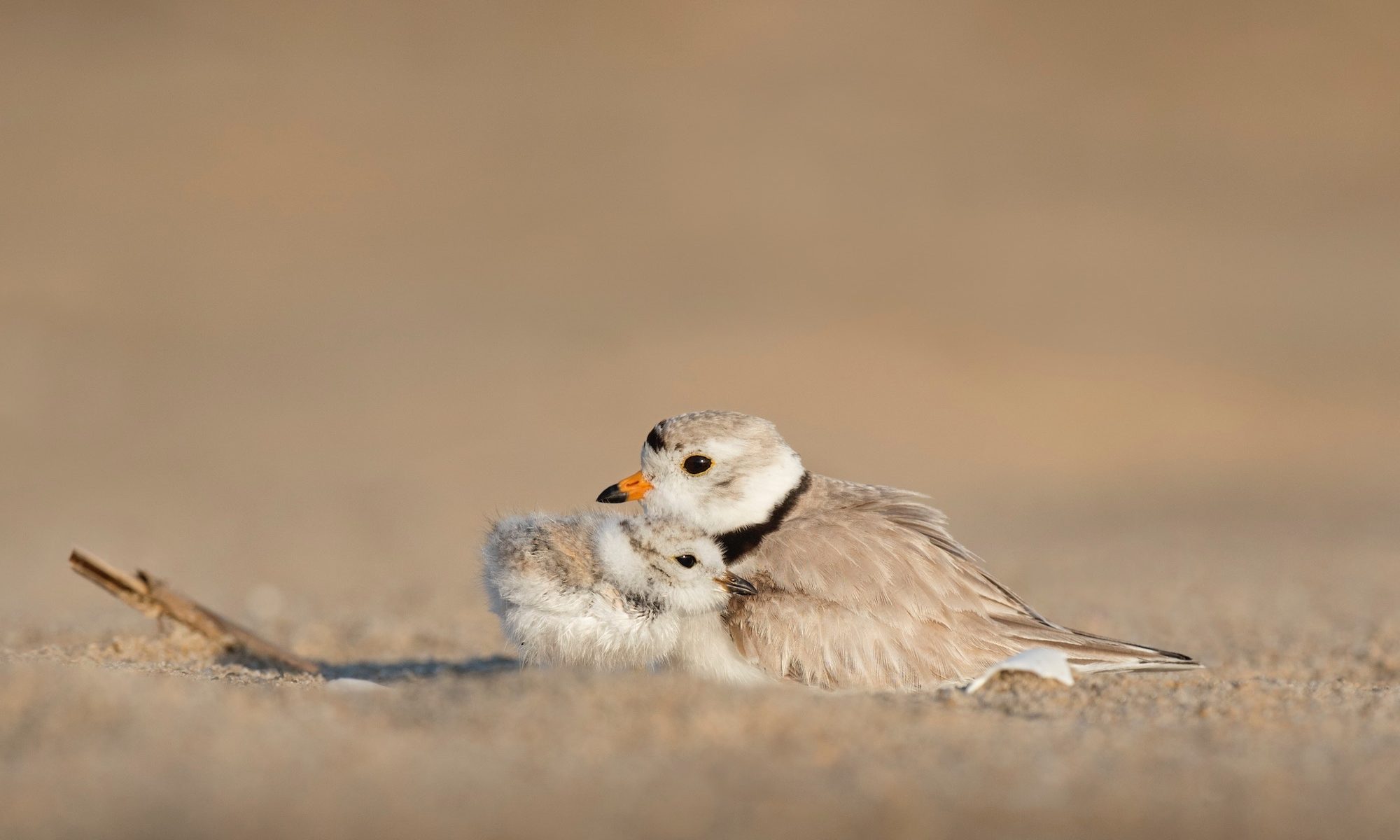A few days ago, I came across this article that shockingly (for me, anyway) told the story of a young Norwegian woman who tracks Instagram’s dark web for anyone at risk of attempting suicide. This young watcher (she is only twenty-two) scrolls through her Instagram feed looking for signs of imminent suicide attempts on the more than 450 accounts she’s been given permission to follow. She intervenes when she believes it necessary to do so based on the type of content posted. Despite not being formally trained in mental healthcare, she alerts the police and ambulance services requesting them (sometimes pleading with them) to further investigate those individuals she identifies as critically at risk of suicide. Some of these professionals don’t always take her claims seriously. Sometimes lives are lost.
Continue reading “The Dark Web: Why are we too afraid to talk to our kids about suicide?”Recognizing PTSD – Could Power Pave the Way?
Here’s an interesting news story. After “mysteriously vanishing from the spotlight” two years ago, RCMP Staff Sgt. Jennifer Pound, a twenty-two-year veteran of the RCMP and for six years, the “public face” of the integrated homicide investigation team (IHIT) in Metro Vancouver, is emerging as the RCMP’s new face of post-traumatic stress disorder (PTSD). Here’s my take on the story. Is she really? Or, is Pound the chosen one to finally get the media’s attention (and stay there) to highlight just how broken the system is when it comes to the RCMP providing support and resources to its mentally injured members? Here’s part of her story.
Continue reading “Recognizing PTSD – Could Power Pave the Way?”Surviving Suicide – Finding Life Again
I’ve just returned from a month-long mini round-the-world trip that took me and my husband to Asia, Indonesia and Europe. Now, while most people who love to travel would probably have been excited planning, counting down the days to departure and actually travelling, I found myself, as always, in a state of neutrality more than I did excitement. More than neutrality, it is the state that anyone who lives with PTSD struggles with, not having the ability to feel excited about much of anything (which as an aside, is different from being able to feel gratitude). As such, I honestly could not rouse myself to feel anything more than hopeful that all would go well on each leg of the trip (which it did) and as much excitement as I could feel reuniting with our son in various locations for some quality time together. If anyone can drum up excitement in me, it’s my son!
Continue reading “Surviving Suicide – Finding Life Again”Surviving versus Living – What’s the difference?
It is interesting that we are commonly known to survive loss. We are thought of in our grief as surviving loved ones. We are called suicide survivors after losing a loved one to suicide. But what it means to truly survive loss is not well understood or even talked about at all. It’s just a word that’s been assigned to the bereaved.
The literal meaning of the word “survive” is to remain alive after the death of someone or the cessation of something under adverse or unusual circumstances. And remaining alive versus living are two very different things. I’m sure everyone would agree that losing a child is the least favourable circumstance to be in and is unusual and adverse in every way imaginable. For most if not all bereaved parents, surviving their child’s death is about the only thing they can do. But it’s also true that many grievers in general simply remain alive without much or any feeling at all after losing a love of their life. Without hope and loss of direction, some people may never feel anything again.
Continue reading “Surviving versus Living – What’s the difference?”The Parent Project – Is it Right to Produce a Grandchild from a Deceased Child?
I came across this article in a Canadian newspaper recently where a New York supreme court judge gave permission for the parents of a deceased son without his prior consent to use his sperm to produce a male heir. Cultural differences aside (they are from a culture where male heirs are important), they stated they were desperate for a part of their son to live on, which is universal to all grieving parents.
As a bereaved parent myself, the story left me wondering whether this case could set a precedent giving every parent the right to produce a grandchild from their deceased child without consent, all because we want a part of them to live on. This raises all sorts of questions about the ethics and ramifications of this extended arm of assisted-baby making techniques; not only for bioethicists, but our culture at large. It also left me wondering whether I would have done it if I could when my child died in 2005. The answer?
Continue reading “The Parent Project – Is it Right to Produce a Grandchild from a Deceased Child?”Lost in Translation: Why We Don’t Talk About Death
I lost an extended family member recently. Attending the funeral brought back lots of memories. None good. Burying my daughter, father and mother in relatively rapid succession (every two and a half years) and being directly responsible for making the arrangements for my daughter and mom was difficult. Horrifying for my daughter actually, who died by suicide. Stressful and somber for my mom who died naturally, but also unexpectedly.
Funeral homes seem to be the only place it feels acceptable for us to talk about death outside of initial condolences. At this recent funeral, I was reminded how freely we can talk about where one may have gone in death. How comforting it is remembering the deceased loved one’s life with both sorrow and levity. How natural it is to contemplate (if only briefly) what life now means for loved ones left behind and the strength it takes to physically let go of our deceased.
Continue reading “Lost in Translation: Why We Don’t Talk About Death”Early Attachment and Trauma in Grief
How well we handle difficult and sudden loss and do or don’t recover from it – especially the death of a child – may depend on the early attachment style or relationship we formed to our primary caregiver(s) from infancy through childhood. If this was not a secure attachment, which is the optimal environment in which to be raised, we learned the same defensive patterns our parents or other caregivers used to defend against their negative experiences or trauma, and relied on these throughout our adulthood to protect ourselves against any negative affects we may have encountered along the way.
Continue reading “Early Attachment and Trauma in Grief”Trauma in Grief – The Video Series!
As I have often said throughout various writings and at different times over the years, trauma in grief is not talked about. This needs to change. Not only for the benefit of grievers, but for those wanting to support the bereaved along their healing path, whether in a personal or professional capacity.
For years after my daughter’s suicide in 2005, I felt all alone in a struggle I didn’t understand. Though I saw doctors for chronic ill-health, beyond diagnosing stress as the obvious root of the problems, they didn’t know what to say to me knowing I had lost my daughter (understandable) or how to help me in my grief. I know now that almost 90% of what I struggled with was directly related to symptoms of PTSD that I was diagnosed with in 2014, and proved to be a game-changer in my ongoing healing.
Continue reading “Trauma in Grief – The Video Series!”Life After Death
The other day I came across this interview with Jeff Olsen speaking about his out of body experiences twenty years ago (and maybe near death though he didn’t specify), and his painful recovery after a car accident in which his wife and infant son both died. He was behind the wheel, therefore at fault (his words). He suffered numerous physical injuries including a leg amputation, and the same or more emotional ones trying to cope with his losses. His firstborn son, then aged 7, survived with barely a scratch. Miracle? Yes. Motivation for Jeff to stay in his body? Definitely yes. Again, his words.
Continue reading “Life After Death”Finding Peace After Loss
As a bereaved parent, I’m still on my quest, but getting considerably closer to finding that place of total inner peace I’ve been wanting for so long. The kind of peace that I want, money can’t buy. No one can give it to me. The peace that I want, I know can only come through my ability to accept all things in my life as they have happened. And in all things, I can do this. All but one: accepting the loss of my daughter.
While it’s been an incredible journey of self-discovery to this point and there is no denying it’s doubtful I would have learned all that I have without the death of my child (I do believe in contracts between souls), this doesn’t mean that I like what has happened in any way. Nor has her death been easy to accept. Not her part in it or all the struggle I’ve been left with. From a purely spiritual perspective, it’s the easiest thing in the world to see how we agreed the contract between us to learn our respective lessons and fulfil our life obligations. From the physical (excuse my language) it’s been more like: “WTF? What just happened? What was I thinking????” (my ongoing inner voice battle.)
Continue reading “Finding Peace After Loss”
